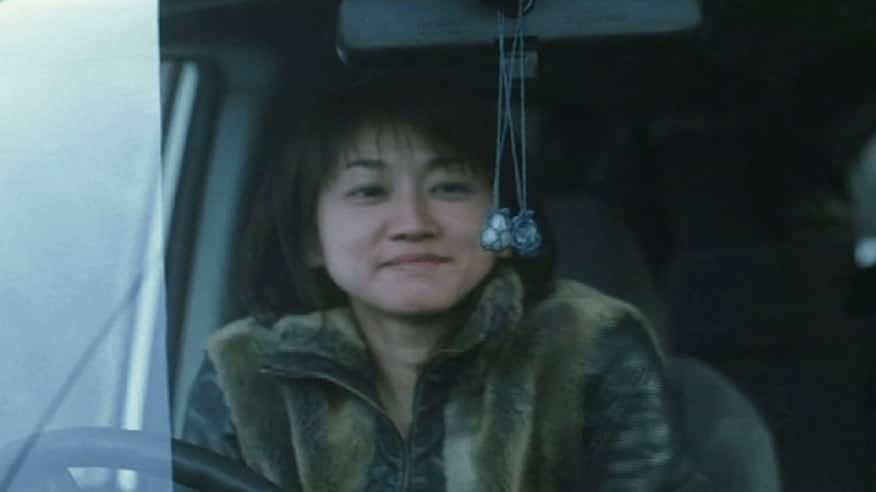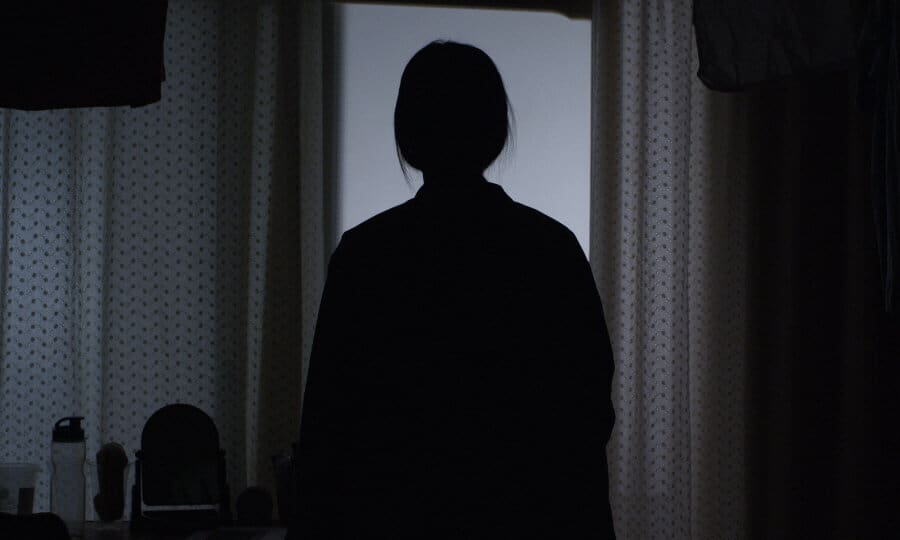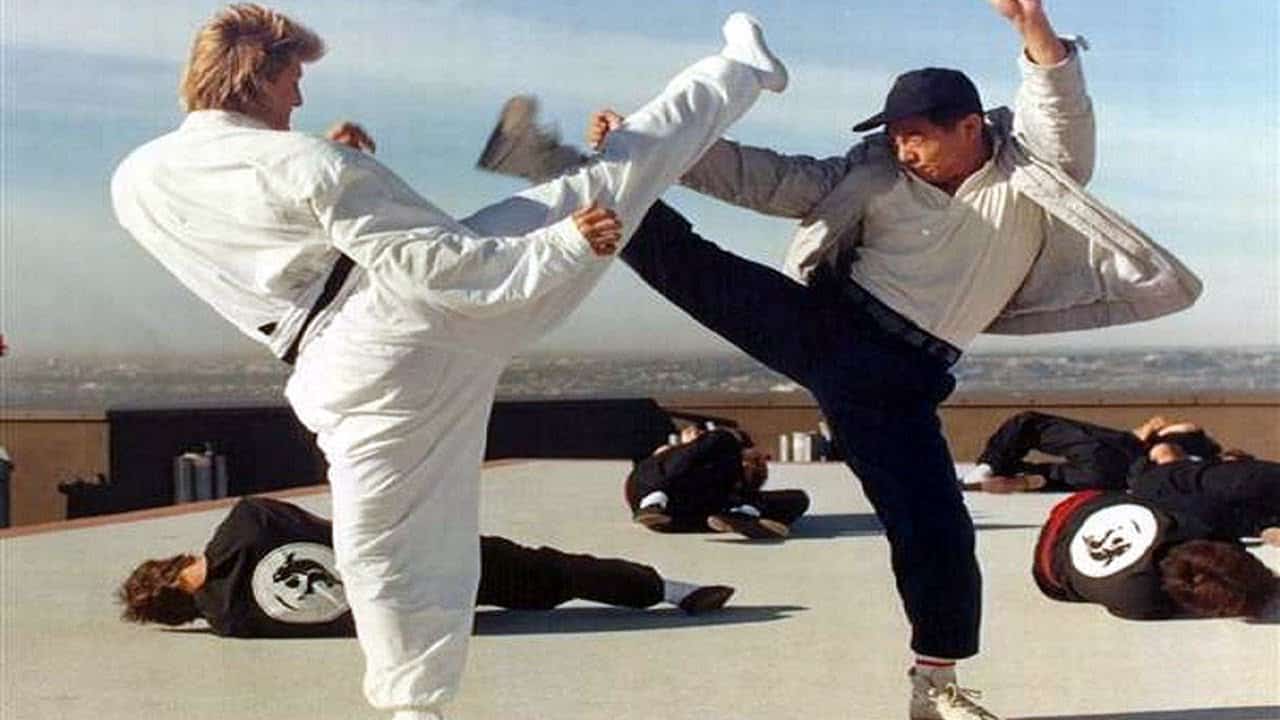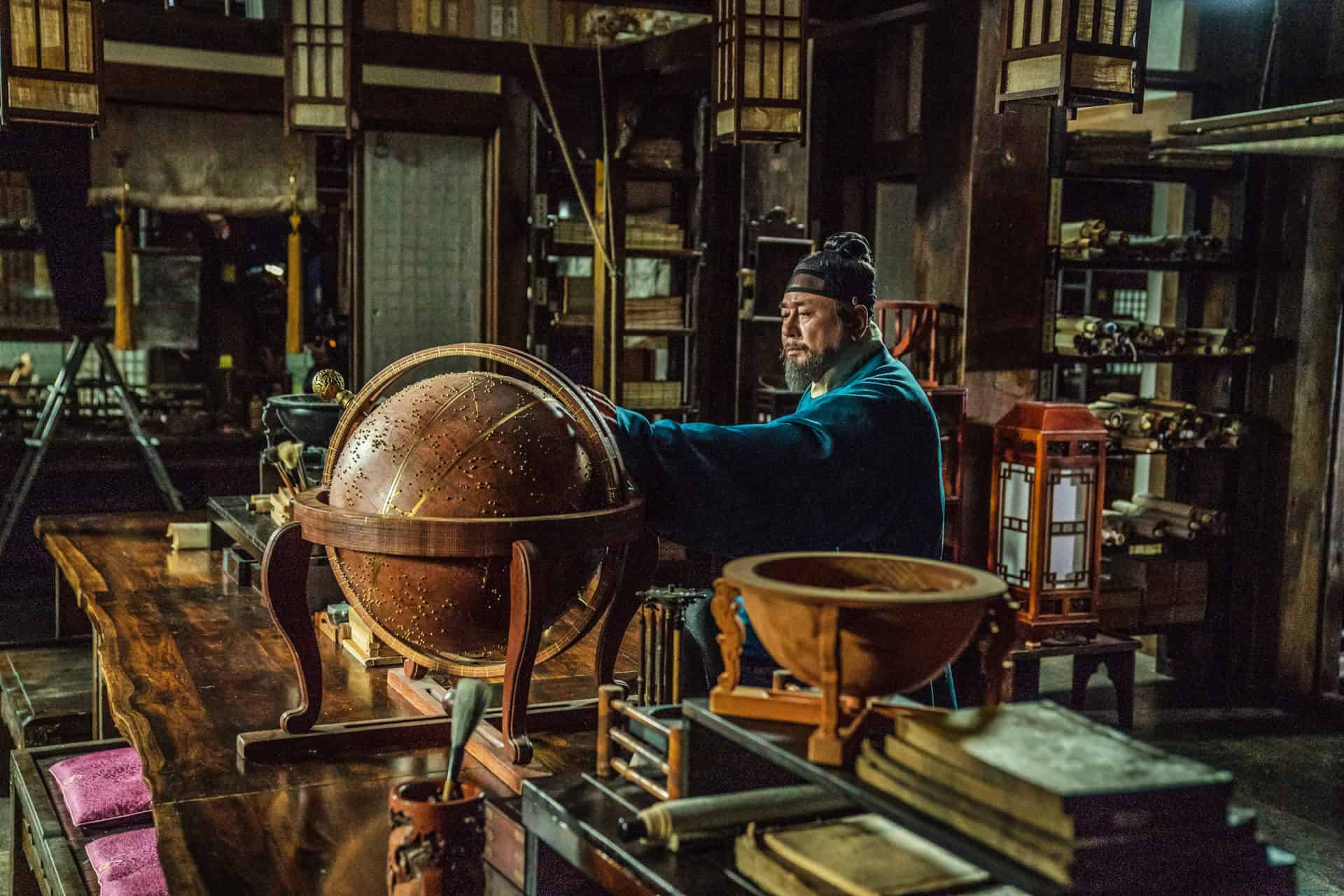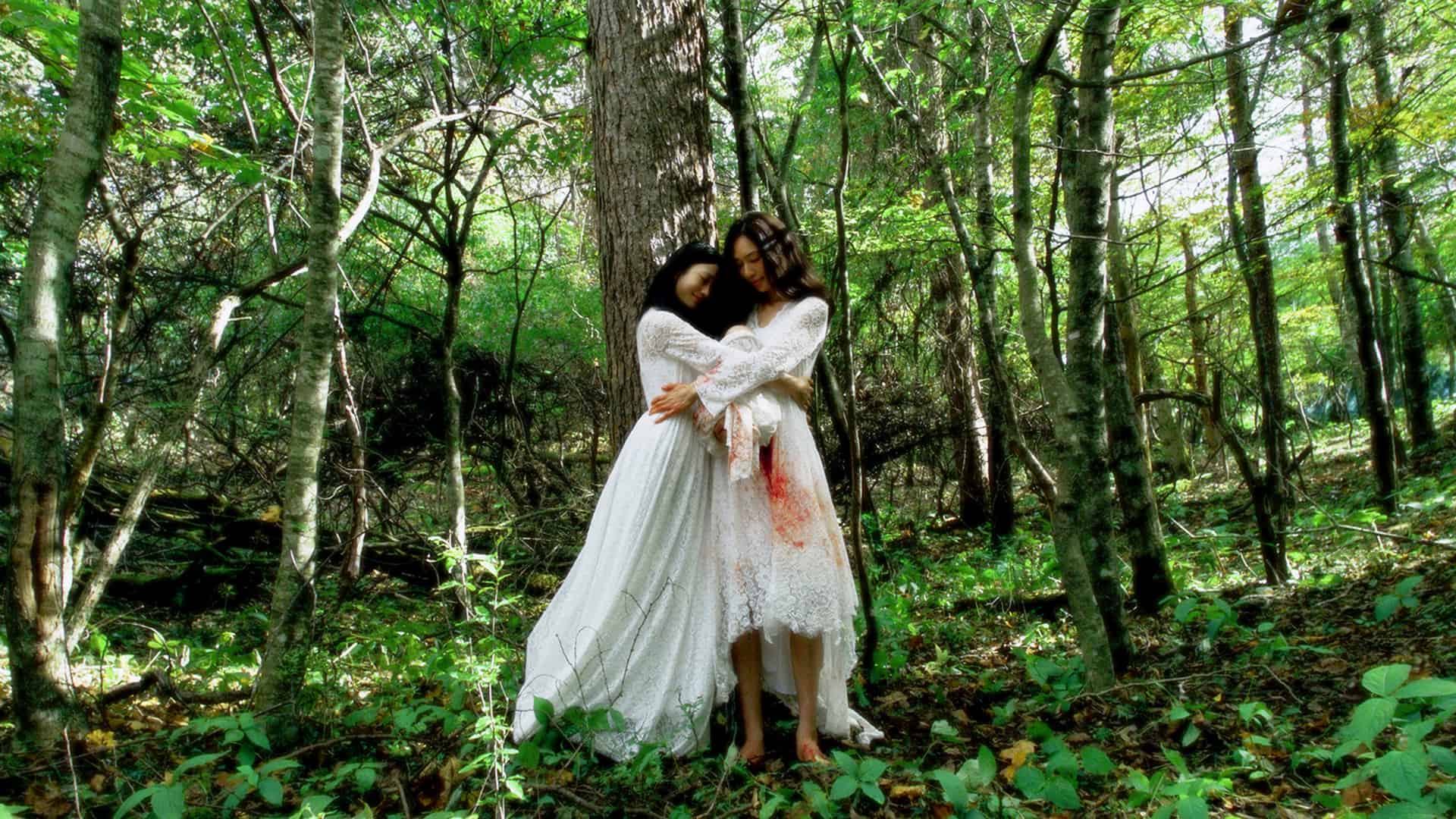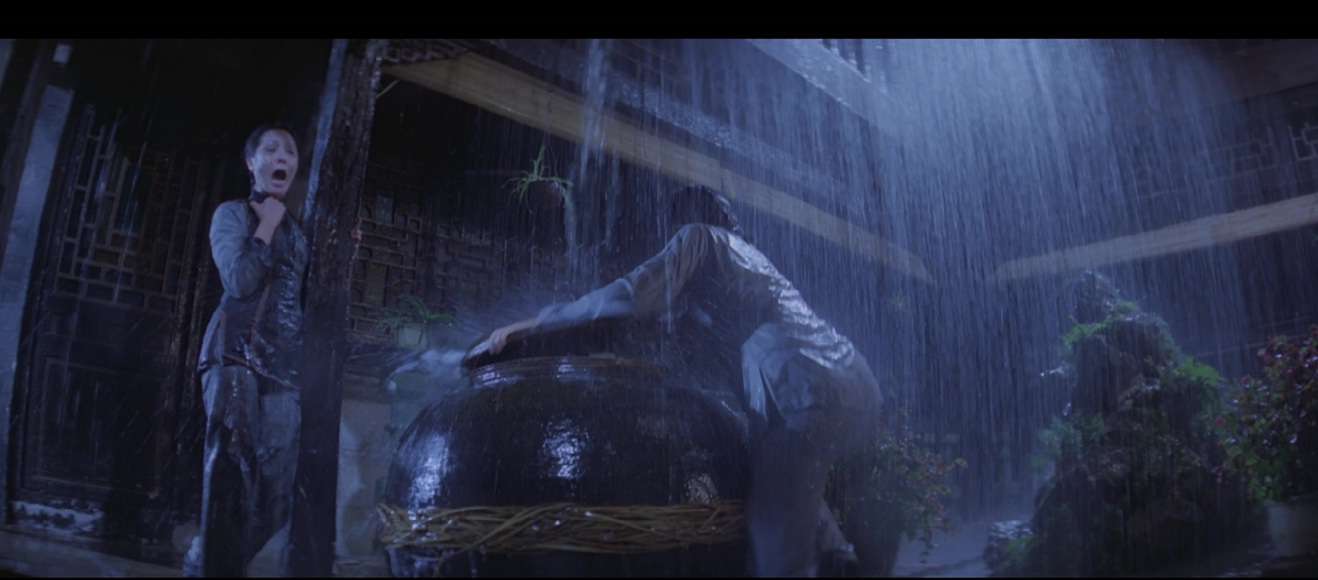Winner of the Special Jury Award at 2015 Anchorage International Film Festival and Special Jury Remi Award at 2016 WorldFest-Houston International Film Festival, “Magic Utopia” is a movie that is permeated by a sense of mystery and abstraction, with Shoji Toyama and Shuichi Tan actually focusing more on the overall atmosphere.
Magic Utopia is streaming on TodoiF

Lisa or Nao or Erika lost her mother when she was a child and is currently searching for a solace by dating different men she barely knows. One night she meets Sato, who is trapped by the memories of his friend's death, and the two end up having sex, even though another lover of hers, appears before them just as they exit the cafe they met. An elderly man, whose daughter died 17 years ago, is a successful author but lives in solitude. One day, he receives a phone call from a girl whose voice sounds exactly like his daughter.
Check also this article
Shoji Toyama and Shuichi Tan direct a movie trying to implement a sense of disorientation and ambiguity, starting with the initial flashbacks and moving into territories that are difficult to understand if they are present or past, fantasy or reality. In that fashion, the characters seem rather disconnected from each other, but this is actually one of the points of the movie, since this disconnection and overall alienation due to the grief from events past they cannot move beyond is what connects the three main characters. Furthermore, it seems that all of them are searching for exactly what they are missing, some sort of connection with others or even love, but repeatedly fail to achieve, essentially roaming aimlessly their own lives, searching for an utopia, which, from the outset, they cannot achieve.
It is also interesting to note how the two filmmakers present cinematically all the aforementioned. Tan's editing is definitely one of the main tools, with the back and forth in time, the inclusion of scenes that can only be described as dreamy within the narrative and the hypnotic pace, essentially dictating the overall aesthetics here. Takuro Iwagamis's dark, desaturated, grayish cinematography mirrors both the setting they inhabit and the characters themselves to perfection, while making scenes like the ones with the green images, standing out even more. Keiko Shiga's essentially constant music is varying and low enough not to become tiresome, instead adding to the overall atmosphere.
Lastly, Ryotaro Yonemura as Sato, Erisa Yanagi as Lisa and Shu Wada as the old man play their character with a detachment that also highlights their inner struggle, and with a very pleasant sense of measure that again fits the overall aesthetics to perfection.
Also of note is that the two filmmakers add a number of elements that move beyond the main arthouse aesthetics, thus raising the level of entertainment the movie offers, through a very appealing diversity. Ghosts, erotic scenes (even if rather subtle) mid-air floating, and crime and violence are among those, which are, though, organically implemented within the narrative, occasionally raising the level of tension quite appealingly.
“Magic Utopia” is not a film for everyone, also because it is filled with symbolism that is occasionally difficult to understand. Those who get in the movie with an open mind, though, are bound to find a very intriguing narrative, which makes its comments in abstract but also beautiful and eloquent fashion.



